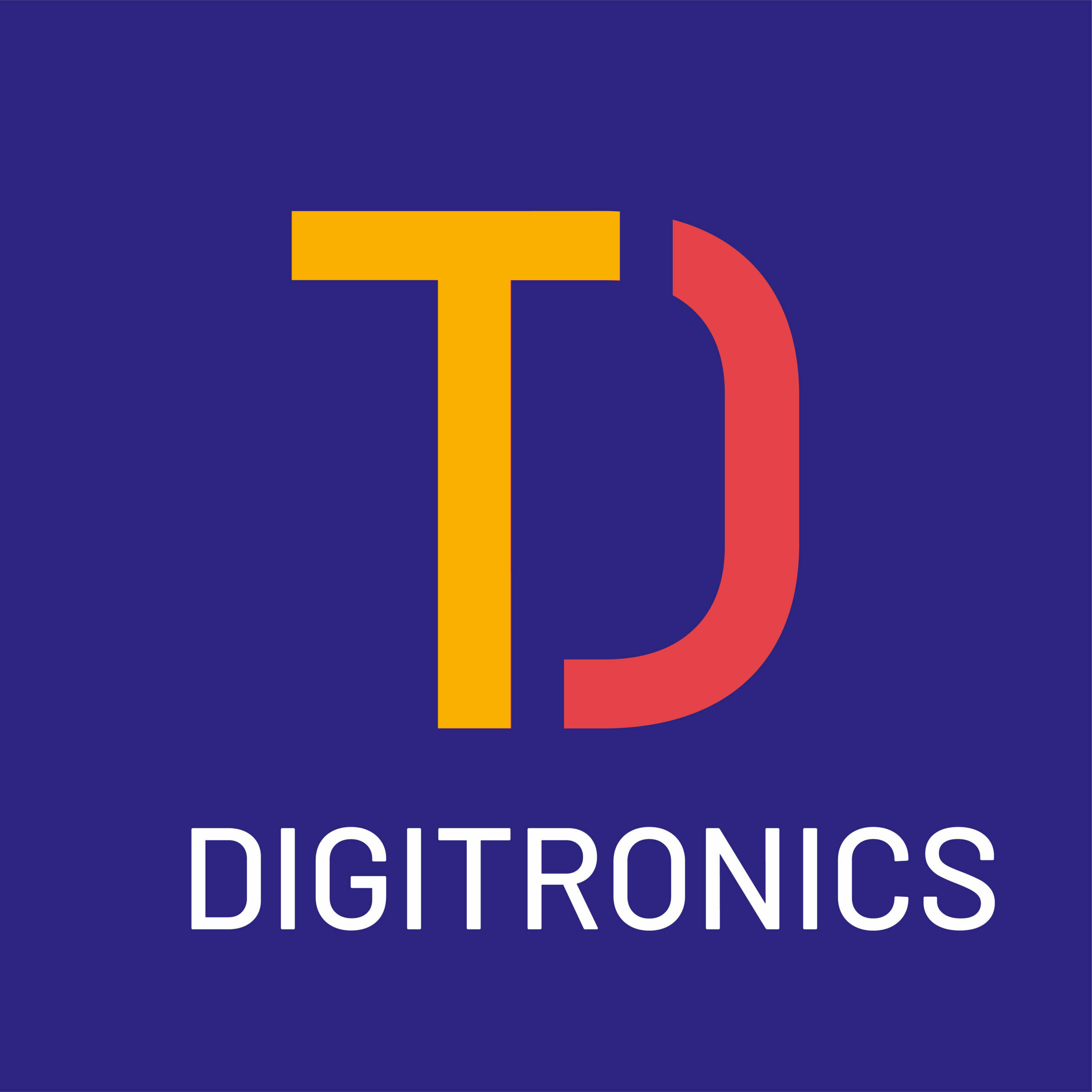The professional development of mechatronics teachers is an important and topical issue, because it concerns the quality of vocational education and training (VET) in a sector that is constantly evolving technologically and socially. Mechatronics is a discipline that integrates mechanics, electronics, computer science and automation, and requires transversal and specific skills to design, implement and manage complex systems.
To be effective and efficient, mechatronics teachers must constantly update their knowledge and teaching methods, taking into account the needs of the labour market, technological innovations and the characteristics of students. Furthermore, they must be able to collaborate with colleagues, company trainers, institutions and social partners to create integrated and coherent training paths.
The professional development of mechatronics teachers is also a priority at European level, which calls on Member States to invest in and improve the continuing professional development of teachers and trainers.
To be effective and efficient, mechatronics teachers must constantly update their knowledge and teaching methods, taking into account the needs of the labour market, technological innovations and the characteristics of students. Furthermore, they must be able to collaborate with colleagues, company trainers, institutions and social partners to create integrated and coherent training paths.
The professional development of mechatronics teachers is also a priority at European level, which calls on Member States to invest in and improve the continuing professional development of teachers and trainers.

A briefing note of Cedefop October 22 “ Empowering teachers and trainers to manage change” highlights how crucial is VET teacher and trainer professional development to helping them perform their many tasks.
The greening of European economies and the rapid digitalisation of many jobs, including the teaching profession itself, confront them with more new skills requirements. This is why it is now more important than ever for them to upgrade and update their own skills to be able, in turn, to instil (self-)confidence in their students, trainees and apprentices, as well as offering them up-to-date knowledge and skills. At the same time, their own increasing use of digital tools and technologies in their work is changing the way they communicate with their students allowing for flexible and personalised interaction thanks to new online and blended teaching formats.
The greening of European economies and the rapid digitalisation of many jobs, including the teaching profession itself, confront them with more new skills requirements. This is why it is now more important than ever for them to upgrade and update their own skills to be able, in turn, to instil (self-)confidence in their students, trainees and apprentices, as well as offering them up-to-date knowledge and skills. At the same time, their own increasing use of digital tools and technologies in their work is changing the way they communicate with their students allowing for flexible and personalised interaction thanks to new online and blended teaching formats.

So what are the challenges that a mechatronics teacher faces?
Digital innovation
The mechatronics teacher must be up-to-date on the latest digital technologies and applications that affect mechatronics. He or she must also know how to integrate these technologies into his or her teaching, using digital learning environments, data analysis, exploitation tools, and active and collaborative teaching methodologies.
International competitiveness
The mechatronics teacher must be aware of the needs and opportunities of the global market, and prepare students to deal with it. He or she must also be able to collaborate with other lecturers, trainers, companies and institutions at an international level to create integrated and coherent training paths.
Sustainability
Mechatronics teachers must take into account the environmental, social and economic impacts of the mechatronic solutions they propose and teach to students. It must also nurture students in a culture of responsibility and professional ethics, in line with the Agenda 20303 sustainable development goals.
Technical and transversal skills
The mechatronics teacher must possess and transfer to students not only technical and specific skills, but also transversal skills, such as critical thinking, creativity, communication, collaboration, problem solving and lifelong learning These skills are crucial for tackling the challenges of mechatronics in an innovative and flexible way.
To fulfill their multiple roles and deal effectively with current and emerging needs, however, they need the right mix of skills, that Digitronic training path ambitiously aims to contribute to develop.
-Rossella Brindani
Digital innovation
The mechatronics teacher must be up-to-date on the latest digital technologies and applications that affect mechatronics. He or she must also know how to integrate these technologies into his or her teaching, using digital learning environments, data analysis, exploitation tools, and active and collaborative teaching methodologies.
International competitiveness
The mechatronics teacher must be aware of the needs and opportunities of the global market, and prepare students to deal with it. He or she must also be able to collaborate with other lecturers, trainers, companies and institutions at an international level to create integrated and coherent training paths.
Sustainability
Mechatronics teachers must take into account the environmental, social and economic impacts of the mechatronic solutions they propose and teach to students. It must also nurture students in a culture of responsibility and professional ethics, in line with the Agenda 20303 sustainable development goals.
Technical and transversal skills
The mechatronics teacher must possess and transfer to students not only technical and specific skills, but also transversal skills, such as critical thinking, creativity, communication, collaboration, problem solving and lifelong learning These skills are crucial for tackling the challenges of mechatronics in an innovative and flexible way.
To fulfill their multiple roles and deal effectively with current and emerging needs, however, they need the right mix of skills, that Digitronic training path ambitiously aims to contribute to develop.
-Rossella Brindani


